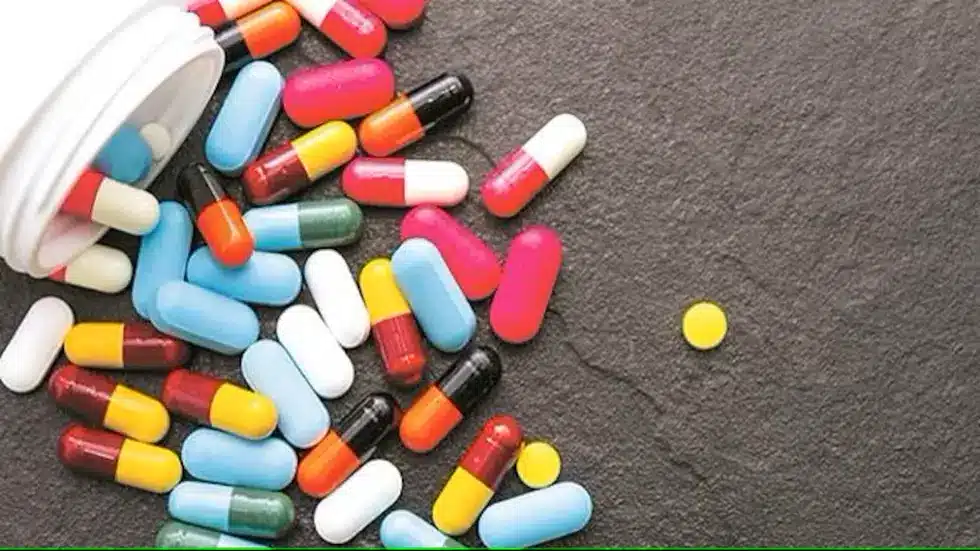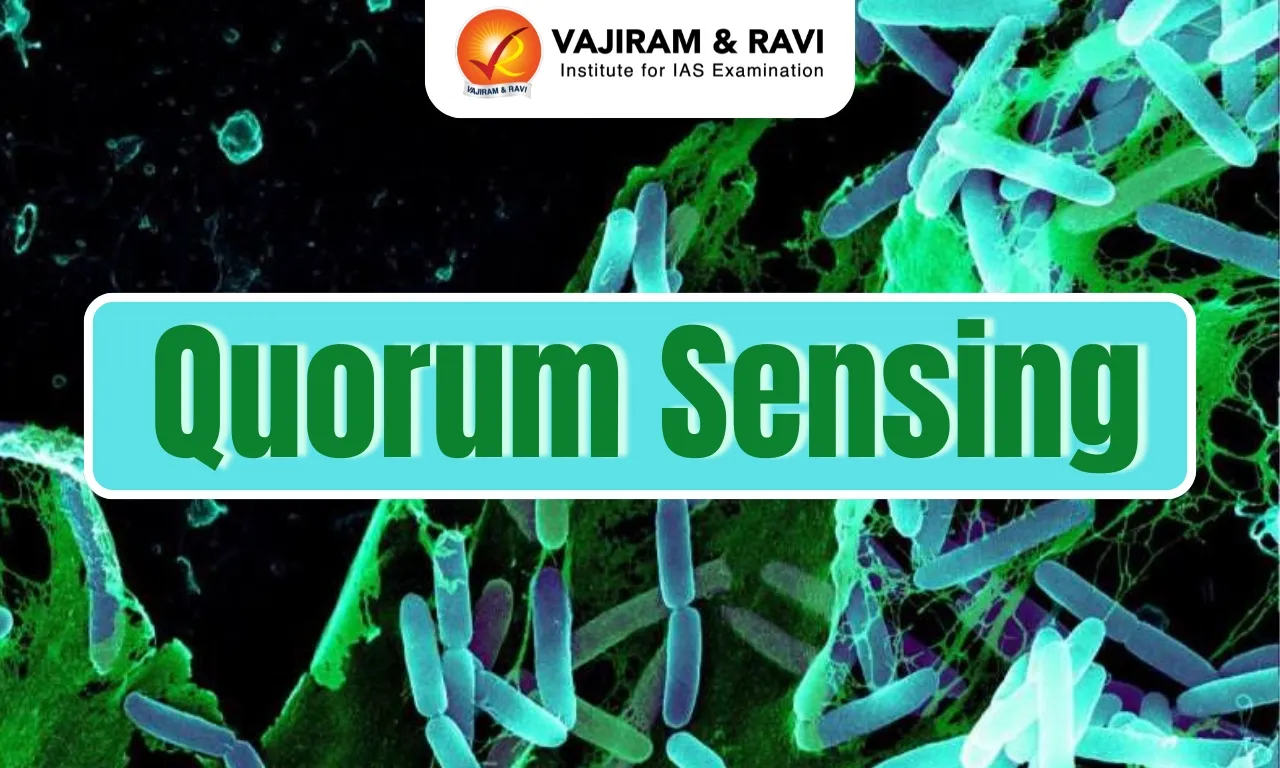About Drugs and Magic Remedies (Objectionable Advertisements) Act, 1954
- It is a legislative framework to control the advertisement of drugs and prohibit claims of magical qualities in remedies.
- It encompasses various forms of advertisements, including written, oral, and visual mediums.
- Under the Act, the term “drug” refers to medicines intended for human or animal use, substances for diagnosis or treatment of diseases, and articles affecting the body’s functions.
- Other than articles meant for consumption, the definition for “magic remedy” under this Act also extends to talismans, mantras, and charms that allegedly possess miraculous powers for healing or influencing bodily functions.
- It imposes strict regulations on the publication of advertisements related to drugs.
- It prohibits advertisements that give false impressions, make false claims, or are otherwise misleading.
- Violations of these provisions can result in penalties, including imprisonment or fines, upon conviction.
- The term “advertisement,” under the Act, extends to all notices, labels, wrappers, and oral announcements.
- Who comes under the Magic Remedies Act?
- The Act applies to all individuals and entities involved in the publication of advertisements, including manufacturers, distributors, and advertisers.
- The Act can hold both individuals and companies accountable for contraventions.
- If a company violates the act, individuals in charge of its business operations may also be deemed guilty unless they can prove lack of knowledge or demonstrate due diligence in preventing the offense.
- Directors, managers, or officers of the company may also be held liable if they consented to or neglected the offense.
- Punishment
- Violating the Act can result in imprisonment, fines, or both.
- If this is the first conviction for the violator, they may face up to six months in prison, fines or both.
- For subsequent conviction, imprisonment may extend to one year, fine, or both.
- The Act does not include any limits for the fines that may be imposed on individuals or organisations.
Q1) What is Active Pharmaceutical Ingredient (API)?
It is the biologically active component of a drug product (tablet, capsule, cream, injectable) that produces the intended effects. APIs find application in high quality drugs that treat diseases pertaining to oncology, cardiology, CNS and neurology, orthopaedic etc.
Last updated on February, 2026
→ UPSC Notification 2026 is now out on the official website at upsconline.nic.in.
→ UPSC IFoS Notification 2026 is now out on the official website at upsconline.nic.in.
→ UPSC Calendar 2026 has been released.
→ Check out the latest UPSC Syllabus 2026 here.
→ Join Vajiram & Ravi’s Interview Guidance Programme for expert help to crack your final UPSC stage.
→ UPSC Mains Result 2025 is now out.
→ UPSC Prelims 2026 will be conducted on 24th May, 2026 & UPSC Mains 2026 will be conducted on 21st August 2026.
→ The UPSC Selection Process is of 3 stages-Prelims, Mains and Interview.
→ Prepare effectively with Vajiram & Ravi’s UPSC Prelims Test Series 2026 featuring full-length mock tests, detailed solutions, and performance analysis.
→ Enroll in Vajiram & Ravi’s UPSC Mains Test Series 2026 for structured answer writing practice, expert evaluation, and exam-oriented feedback.
→ Join Vajiram & Ravi’s Best UPSC Mentorship Program for personalized guidance, strategy planning, and one-to-one support from experienced mentors.
→ UPSC Result 2024 is released with latest UPSC Marksheet 2024. Check Now!
→ UPSC Toppers List 2024 is released now. Shakti Dubey is UPSC AIR 1 2024 Topper.
→ Also check Best UPSC Coaching in India






















